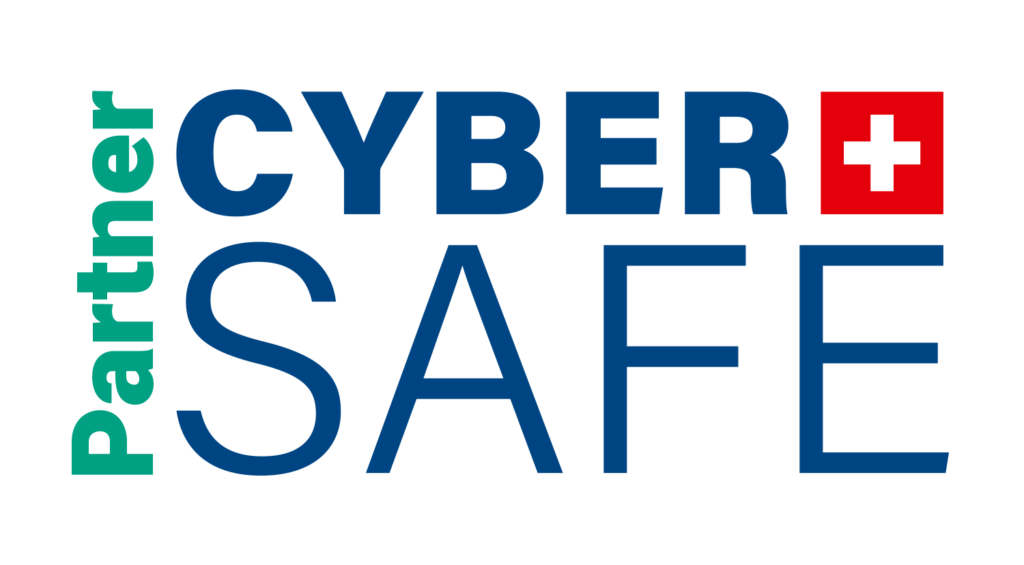How to avoid an incident with your website hosting provider from causing critical data loss and business disruptions?
Who is responsible for what?
In the first article, the focus is on identifying and understanding where the responsibilities lie in cases like this. The question everyone wants the answer to is: who is responsible for what? Businesses entrust hosts with their data and therefore believe they are also in charge of its protection and restoration. Yet so often, as this example proves, it is not as clear-cut as that. You need to understand exactly what is included in your contract to know what you are signing-up for or risk losing your data definitively.
How to choose your website hosting provider and set-up a secure back-up?
In the second article, Approach provides you with recommendations and advice when signing a contract with a web site hosting provider in order to prevent your organisation from potential data loss and business disruptions:
- Making the company aware of the risks involved
- Understanding, comparing and challenging hosting offers and contracts
- Identifying and knowing your needs in terms of back-ups and continuity and your tolerance thresholds
- Choosing your host based on its level of insurance (« tier level ») and its certifications – Respect some golden rules in terms of safeguard and continuity
- Subscribing to cyber insurance to cover residual risk and acquire a rapid reaction capacity
Therefore, by following the practical guidelines outlined in the article, you can reduce your risks and avoid losing your data.






